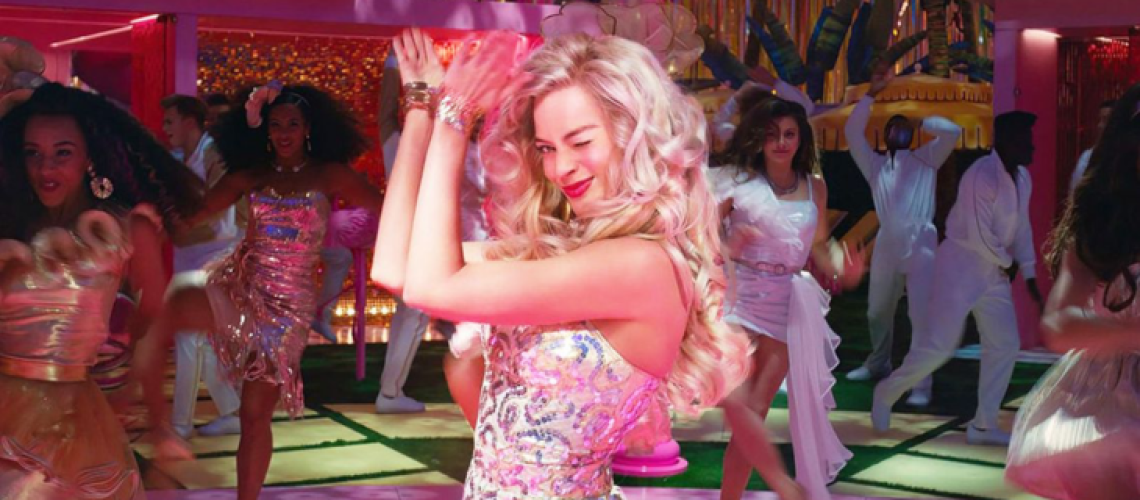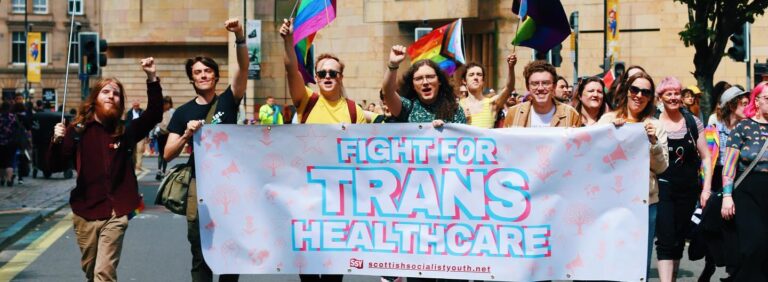Admittedly I am a fan of Barbie, from the dolls to the 2000s animated films to now being a 23-year-old obsessed with pink. Barbie has always embodied her slogan of “I can be anything”. Barbie has had a variety of careers and when I was a child even my stereotypical Barbies had any job that I needed them to.
However, Barbie does have a complicated relationship with empowerment. As Slate’s television critic Willa Paskin touches on, Barbie in the 1960s was a homeowner, and she was an astronaut before the moon landing, but at the same time Mattel released Slumber Party Barbie who came with a book titled “How to Lose Weight”. Barbie has always stood at the precipice of empowerment. In some ways, she has always been pushing girls to believe they can achieve anything, but on the other hand, she often exacerbates the pitfalls of being a woman in each decade in which she has existed.
Barbie the Movie directed by Greta Gerwig recognises this complex past. When Barbie (Margot Robbie) traverses into the Real World and meets Sasha (Ariana Greenblatt), she is told that all she has ever done is further capitalism and overconsumption. Sasha tells Barbie that she is representative of everything little girls hate about themselves. There is certainly some truth to these statements, Barbie is ultimately a product Mattel sells for profit. But that in itself sparks something interesting that the film highlights. Will Ferell plays the Mattel CEO, and when Barbie questions if any women work at Mattel he becomes irate, claiming Mattel is built on women and they even had two female CEOs at one point.
This is where the Barbie movie’s feminist satire becomes evident. However, it also speaks to a much wider issue with mainstream feminism that I and many other viewers will have. This feminist Barbie definitely (and unfortunately) falls into what would be deemed as liberal feminism. Although discussing feminism within International Relations, Tickner and Sjoberg provide a good definition of liberal feminism:
“Liberal feminists document various aspects of women’s subordination. Liberal feminists believe that women’s equality can be achieved by removing legal and other obstacles that have denied them the same rights and opportunities as men.”
Barbie very much falls into this category of feminism, although sometimes it seems as if she wants to expand beyond it. The Barbie movie does highlight that everything isn’t automatically better just because women are in charge, and certain Barbies like Weird Barbie, and many discontinued variations of the doll are ostracised. As are the Kens.
The film’s satirisation of the patriarchy highlights how men, and their societal standing, ultimately harm women. In the same way, Ken is not much more than a prop to Barbie. This subverts the roles women have in a lot of other films, especially in the action genre, where women are merely there to move the male storylines along. Whether they get fridged, or just have the blandest personality ever, women in action films rarely have the agency to move their own plot along.
Barbie however does have agency, something that is explicitly said at the end of the film where she asks her creator Ruth Handler for permission to become human. Ruth tells her she doesn’t control her, Barbie can make her own decisions and choices. It is also shown that Ken has agency as well and is actively encouraged by Barbie to figure out who he is outside of her.
An aspect of girlhood that I think the Barbie movie explores effectively is those feelings of shame many young girls feel when they behave in a way they aren’t “supposed” to. Girls are forced to exist within very specific parameters of girlhood in which they’re required to remain quiet and respectful. Weird Barbie encapsulates all the frustration at these boundaries and the need to expand beyond them. Stereotypical Barbie furthers this narrative through her own feelings that she isn’t as perfect as she needs to be. This along with Barbie’s overt autonomy teaches young girls that they don’t need to adhere to these rigid ideas of femininity that society has set out for them.
I think the Barbie movie provides an outlet to be feminine and also be treated with respect. While I had my issues with the type of feminism explored within the film, it likely has introduced a lot of young girls to the concept of feminism, it’s just now up to us to introduce them to more socialist forms of feminism.






